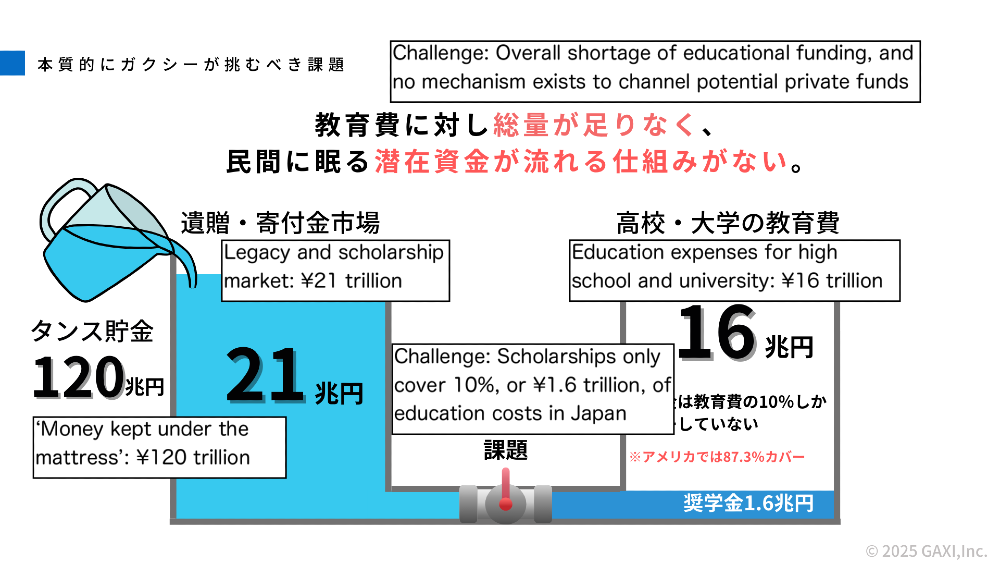Is that really wasabi or peculiar Japanese euphemism?
In Japanese, there are instances where the name given to something doesn't match its reality. Is euphemism the reason for this discrepancy? Is this just a Japanese phenomenon?

This week in Small Business Japan (13 Apr, 2025)
Do you use tube wasabi when eating sashimi at home? When you look at the ingredient list, for example, it says 'horseradish, sugar, salt (...), real wasabi (...).'
According to Japan's Food Labeling Standards under the Food Labeling Act, ingredients are generally listed in descending order of weight. Therefore, we can infer that there's more horseradish than real wasabi (本わさび or hon-wasabi in Japanese. Scientific name: Wasabia japonica).
Wasabi is one of those plants that's very difficult to grow, needing cool temperatures and pristine water. Consequently, fresh wasabi is naturally pricey. Considering these factors, the affordability of tube wasabi at around two hundred yen, which still provides that wasabi flavour despite containing horseradish, is a significant benefit for us.
Therefore, there's nothing wrong with tube wasabi containing horseradish. However, the confusion of the Japanese term 'scholarships' with student loans in Japanese higher education is a grave injustice, especially considering the burden it places on young people as they embark on their careers. Indeed, many people who received 'scholarships' in Japan repay what are essentially student loans after graduation.

I myself was fortunate enough to receive a non-repayable, a 'real' scholarship, which helped me immensely. Because of this personal experience, I couldn't remain indifferent to the plight of those struggling with student loan repayments after graduating. That's why. Now that GAXI Inc. is trying to reform the Japanese 'scholarship market,' I felt compelled to interview them and make their efforts known to many people.
To circle back, horseradish is known as '西洋わさび (seiyo-wasabi, or western wasabi)' in Japanese. This may be another reason for confusion 😂





